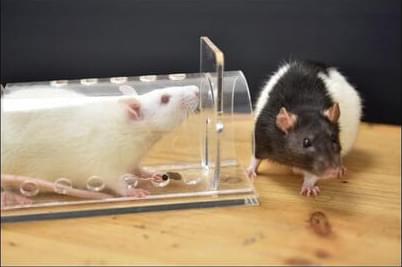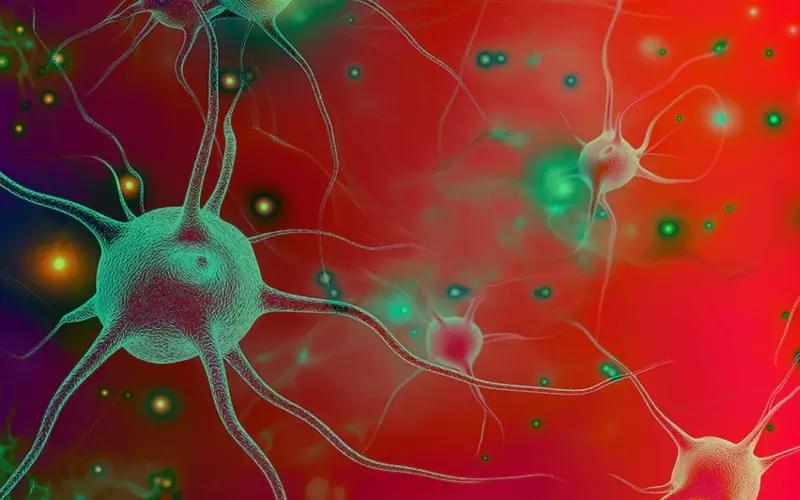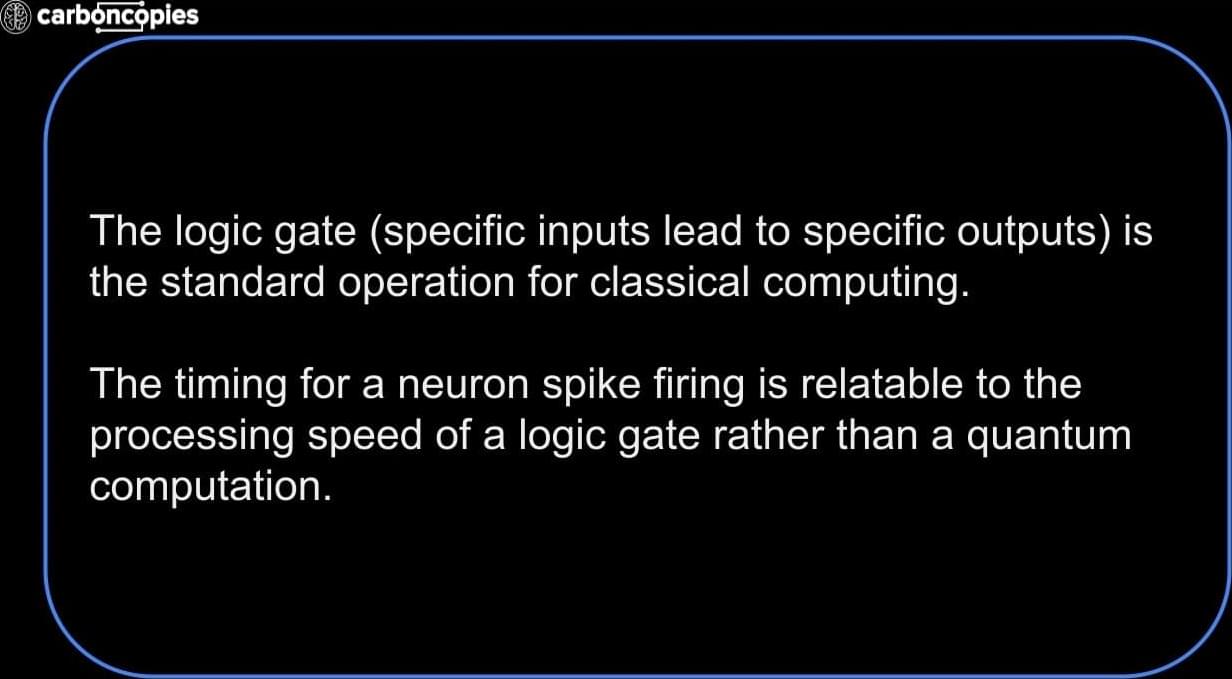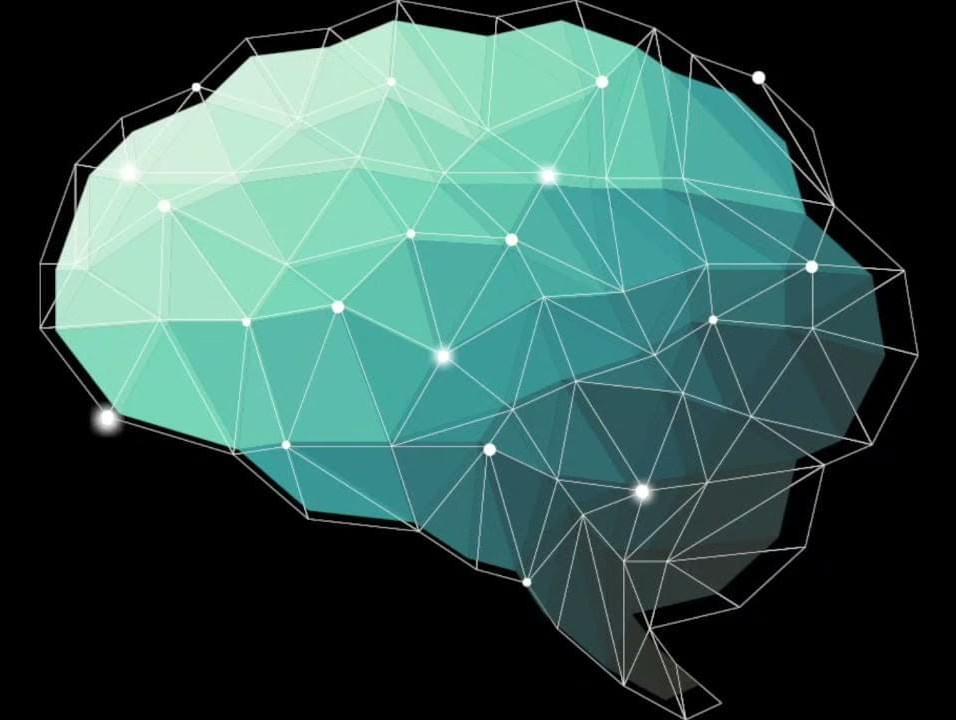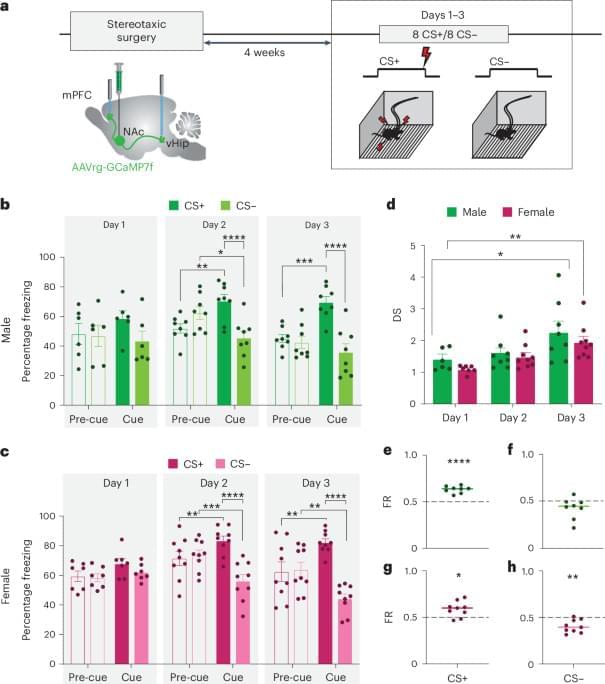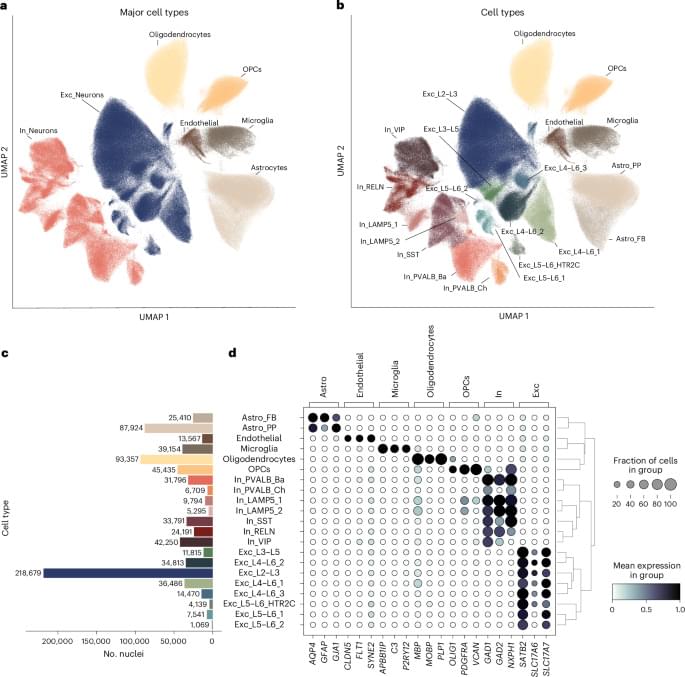Sep 23, 2024
The complex affective and cognitive capacities of rats
Posted by Logan Thrasher Collins in category: neuroscience
For several decades, although studies of rat physiology and behavior have abounded, research on rat emotions has been limited in scope to fear, anxiety, and pain. Converging evidence for the capacity of many species to share others’ affective states has emerged, sparking interest in the empathic capacities of rats. Recent research has demonstrated that rats are a highly cooperative species and are motivated by others’ distress to prosocial actions, such as opening a door or pulling a chain to release trapped conspecifics. Studies of rat affect, cognition, and neural function provide compelling evidence that rats have some capacity to represent others’ needs, to instrumentally act to improve their well-being, and are thus capable of forms of targeted helping. Rats’ complex abilities raise the importance of integrating new measures of rat well-being into scientific research.
